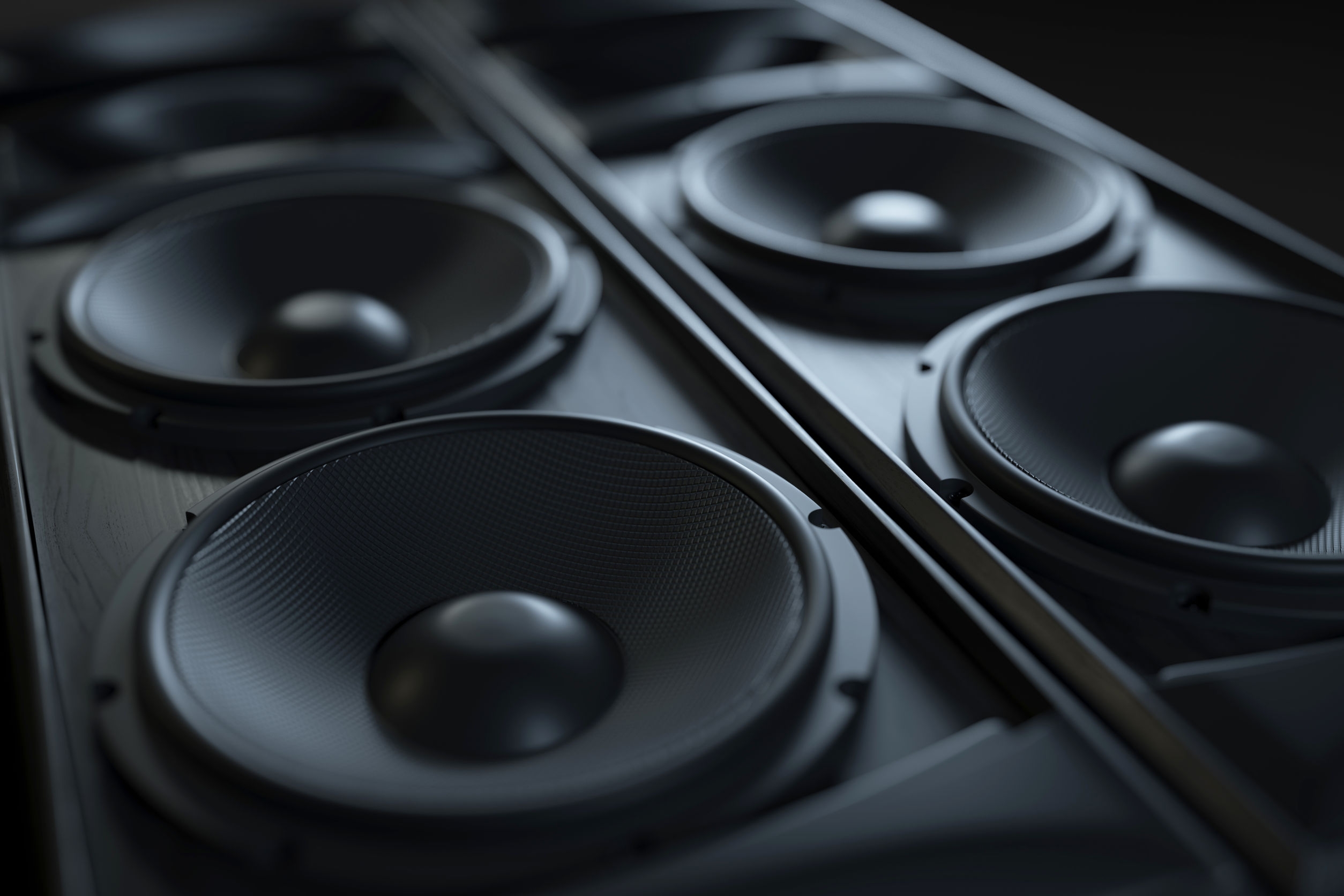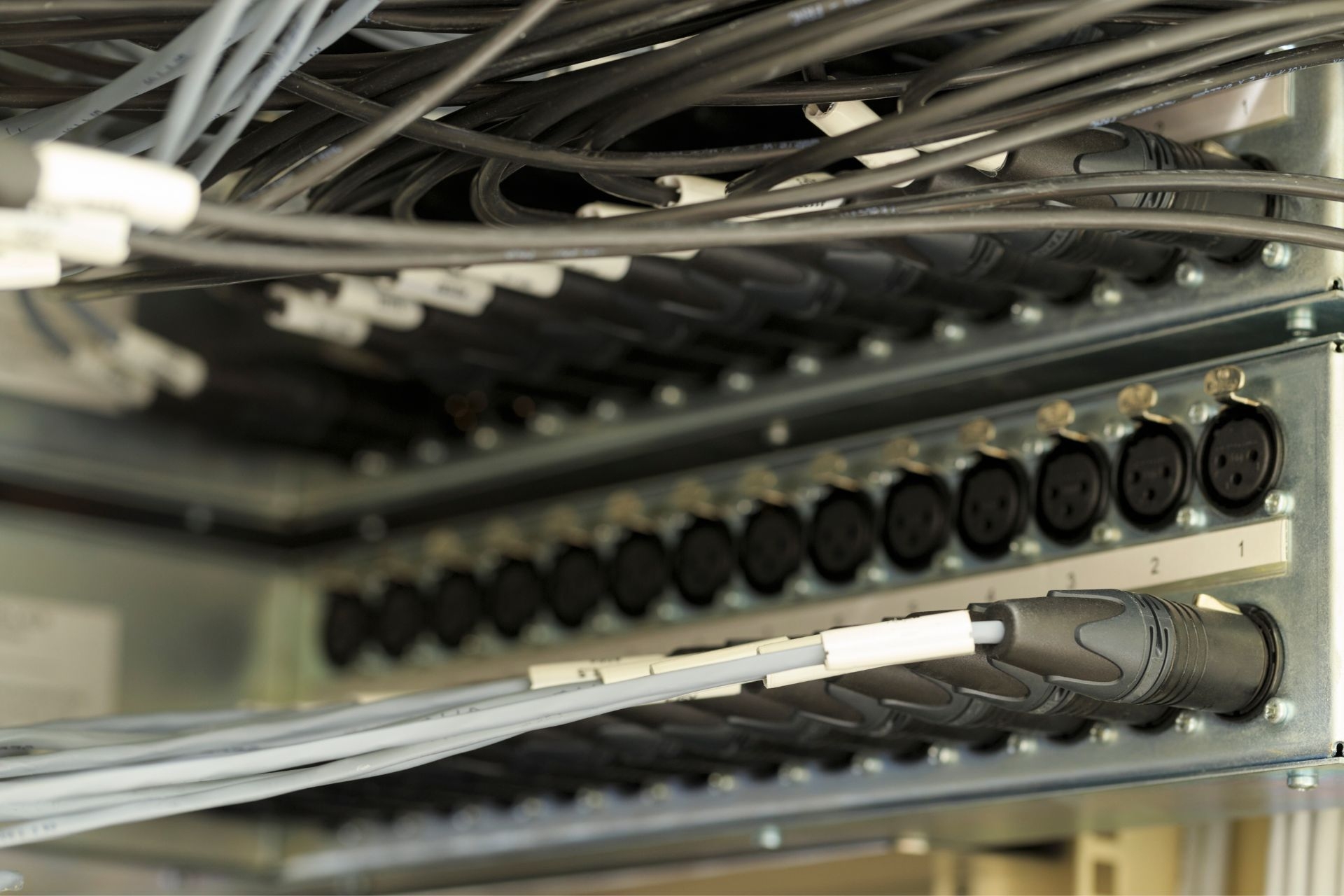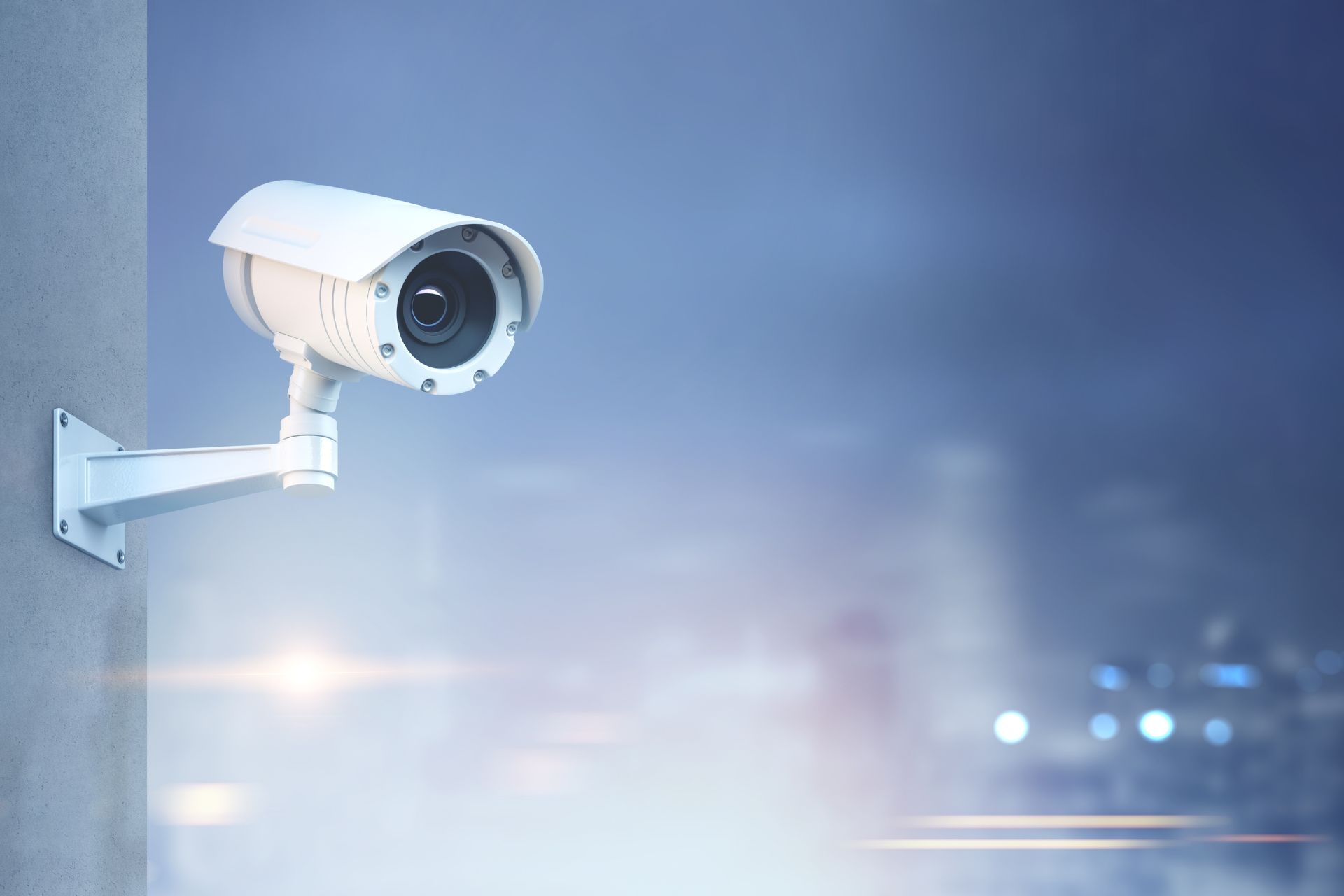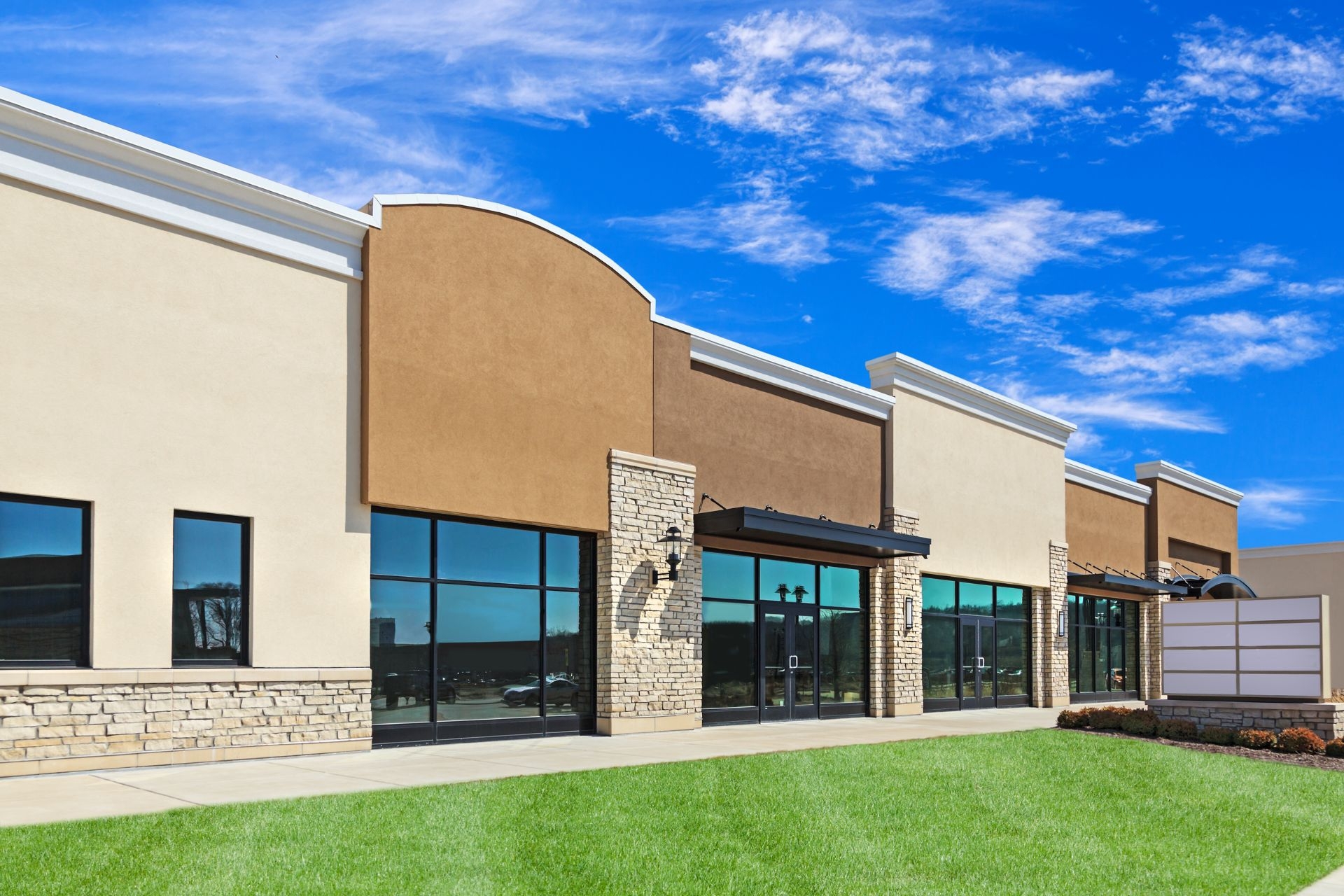Hotel Room Surveillance Systems
How do hotel room surveillance systems ensure guest privacy while still providing security?
Hotel room surveillance systems ensure guest privacy while still providing security through the use of advanced encryption protocols, restricted access controls, and anonymized monitoring. By encrypting the data collected from surveillance cameras and limiting access to authorized personnel only, hotels can protect guest privacy while still maintaining a secure environment.



